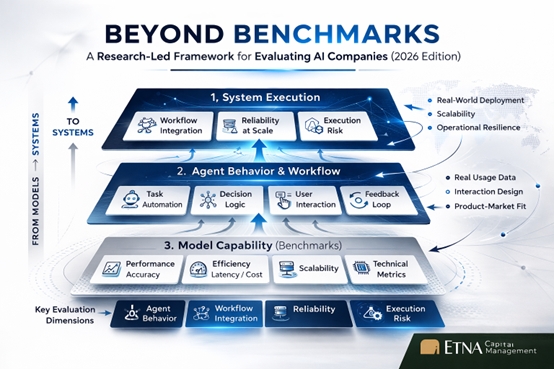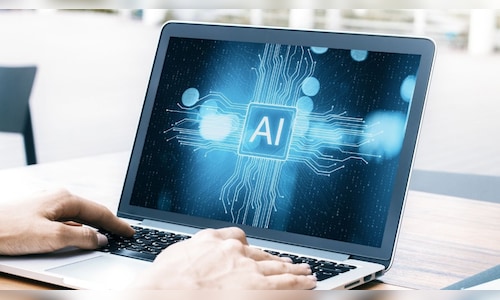Regardless of the brand or the industry, marketers are looking to execute campaigns that will reach their target customers in a way that is better, faster, and cheaper.
Artificial intelligence provides an opportunity to re-imagine marketing execution. We see a world where the CMO’s relationship with their business and agencies – and most importantly their customers – are based on a combination of data and trust, or data-facilitated trust. AI accelerates access to desired information for the CMO and their investors.
This can bring about a system-level change, where the CMO has information that enables them to do things differently and engage with their key stakeholders in a new way.
Such system-level change is at the center of technological revolutions. AI has potential to be the next such revolution. Stanford Professor Andrew Ng called AI “the new electricity”. Like electricity, AI has the potential to change the way we live and the way we work. Also like electricity, these changes take time.
Edison’s patent for the electric lightbulb was in 1880. By the 1880s, electricity’s potential was clear to those who were paying attention. But it wasn’t until the 1920s that half of homes and factories were electrified. It took a generation to figure out how to design buildings and factories to take advantage of what electricity could do. Henry Ford’s automobile factory would not have been possible with a steam engine. Electricity made possible the transformative innovation known as the assembly line.
We expect AI to enable similar disruptive economics. Today’s AI is a branch of statistics. It uses data to make predictions. Marketers can analyze huge swaths of data and create much more personalized marketing than we could before by understanding the customer journey and carrying out marketing actions based on that intelligence, which is the marketers fundamental goal.
A marketer that can get answers from AI to questions such as: ‘I want to know what my customers’ journeys look like and how they can be influenced. What if the context differs or I try an alternative strategy? What would the journeys look like then?’ Using AI and its strong predictive abilities, answers and logical assumptions can be formed. The marketer can then move onto the next iteration, the next question, which might be ‘what kind of creative would appeal to this customer? How might they respond to that?’ Then, with all the pieces curated by AI to carry out a campaign, the marketer asks the AI to carry out a particular plan and evaluate it.
The conversational experience with AI combined with powerful prediction intelligence that generates the data you need creates a smooth workflow of testing, learning, and growth with data-fueled intelligence. Machine generation enables human marketers to create many more campaigns than they otherwise could and get the right message in front of the right person at the right time in a way that was previously limited by quality, speed and costs.
The result is a myriad of evergreen campaign options that are quickly and accurately formulated for a marketer to choose from and predict the consequences of. The ‘if-this-then-that’ model is created with trusted data in a less costly, more effective way.
The value of the marketing work is no longer the hours it takes to create, but the business accuracy of the predictive algorithms for the application-tailored AI. Predictive measurement not only results in better marketing, with efficiency, but provides measurement that enhances the communication of the value of marketing efforts among the business and the stakeholders.
Thanks to AI, the CMO who knows where the value is in their marketing efforts can direct resources to the best yielding investments, then communicate it with their organization, their agencies, their c-suite peers, and their board of directors with a higher level of data-facilitated trust. The marketers that are able to establish their business relationships based on shared value realize more alignment among all their constituencies, better customer experiences and better shareholder performance.
That vision for the future of marketing doesn’t mean doing the same processes better, faster and cheaper, it leverages AI to orchestrate a great customer experience with new innovative processes to make large leaps in better, faster, and cheaper marketing.
Innovative new business models arising from these process innovations are the biggest threat – and the biggest opportunity – for the marketing ecosystems of the future.
-Michael Cohen and Avi Goldfarb, macohen.net






